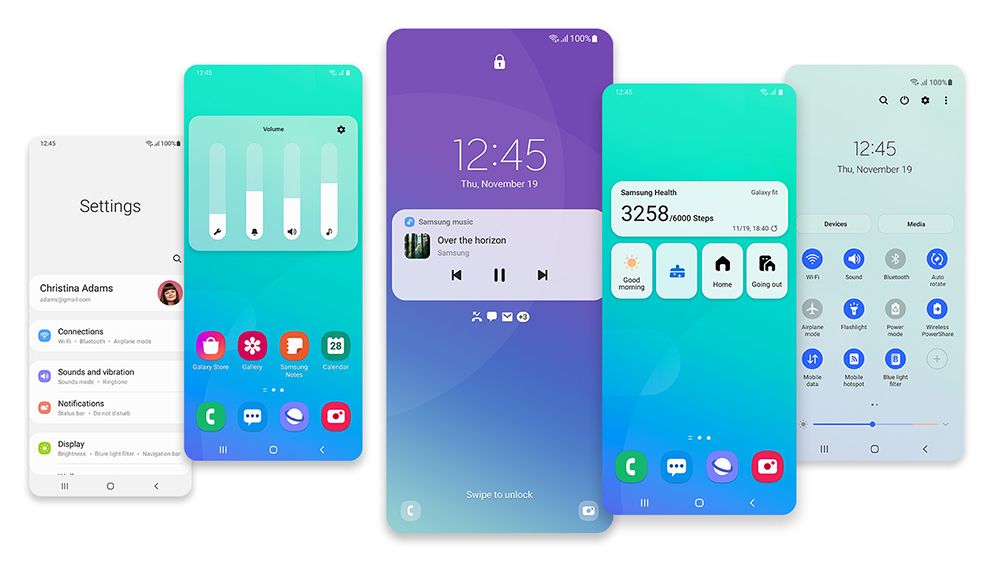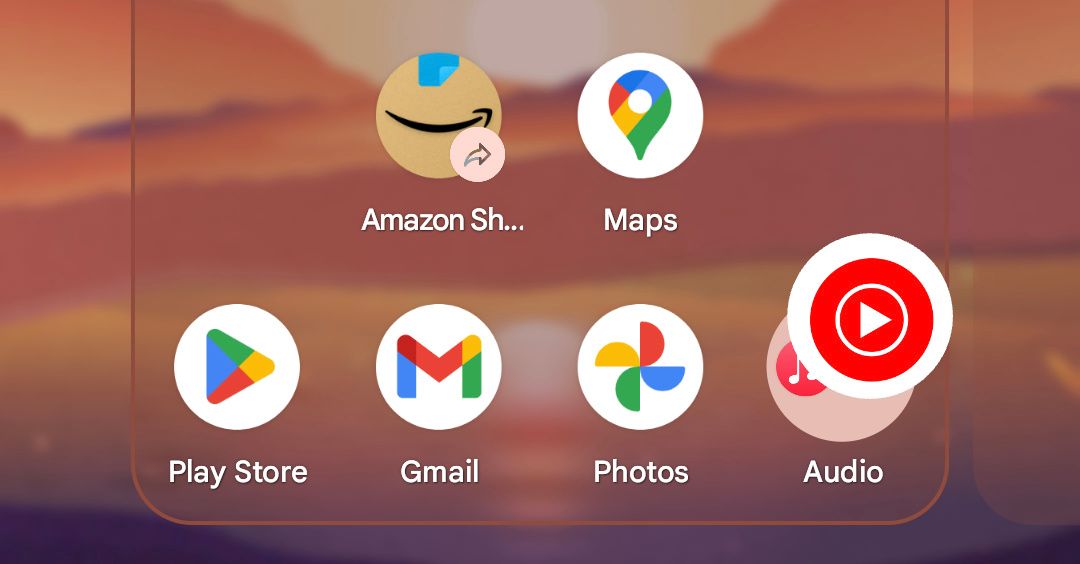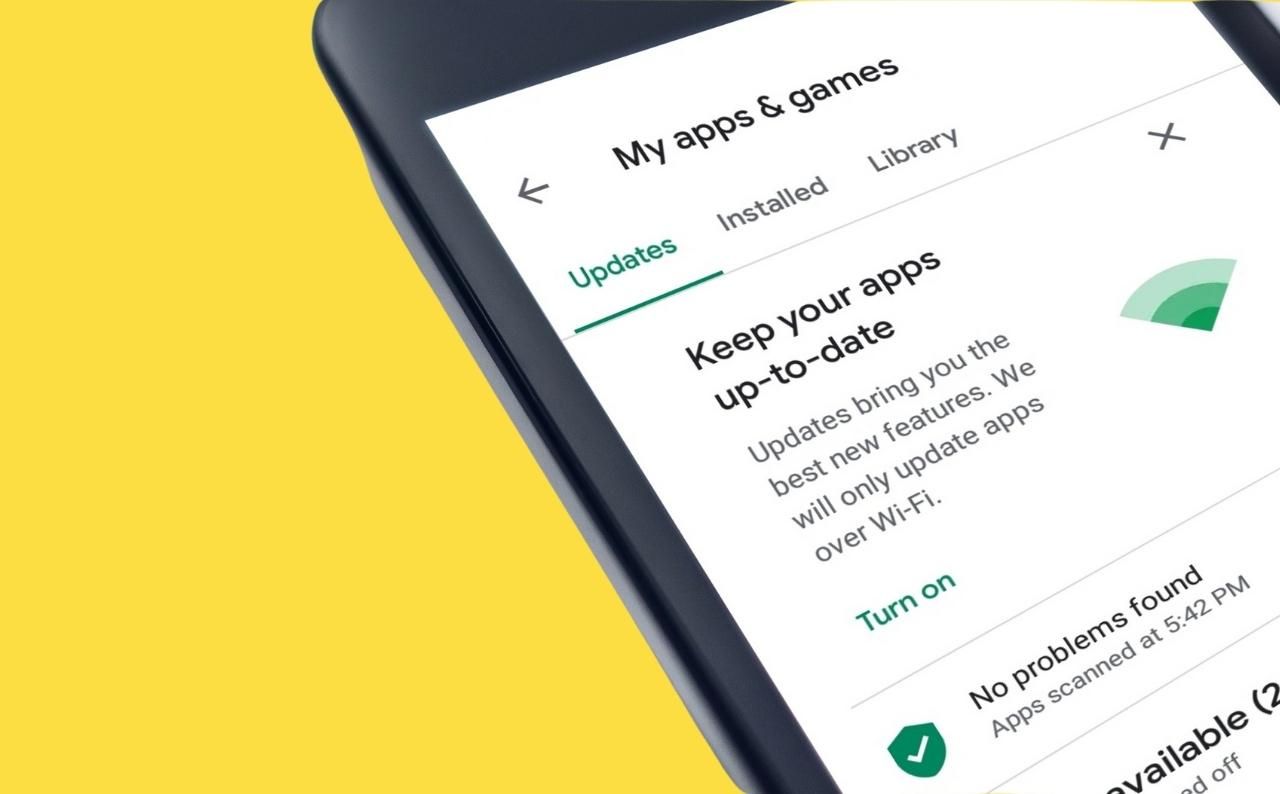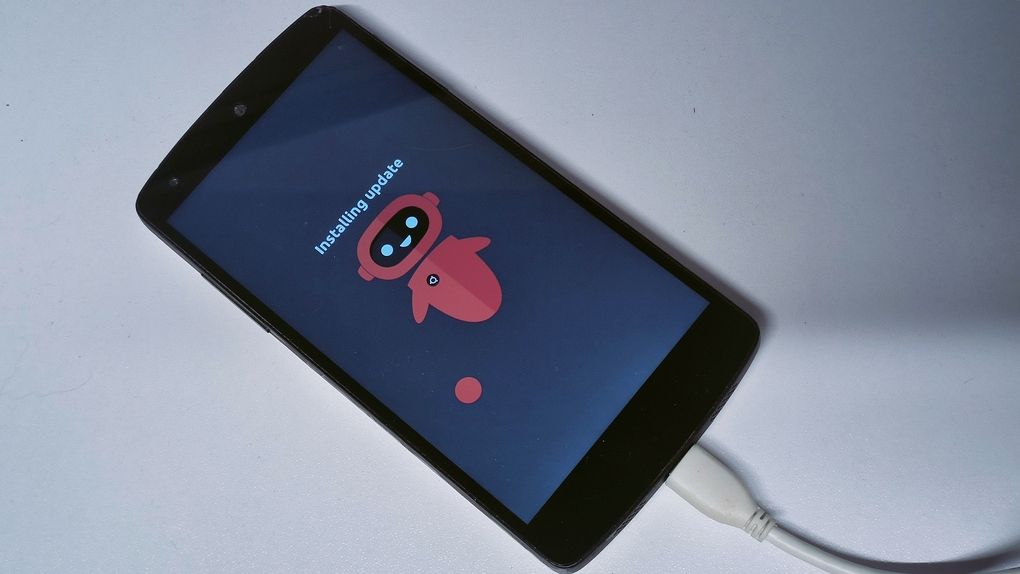Rooting is probably the first mod you would think of as an advanced Android user. And, no doubt, getting root access on your phone has its perks—you can customize your Android device, improve its battery consumption, and do a lot more advanced stuff that is simply not possible on a non-rooted phone.
However, rooting is surely not for everyone. In the wrong hands, it can cause damage to your phone, online privacy, finances, and literally anything associated with your phone. So, let's look at the reasons why Android phones don't come rooted out of the box.
1. For Security Reasons
Rooting allows complete access to the operating system, and it bypasses certain security measures the manufacturer and Google put in place. So, naturally, such system-level access can potentially expose you to security threats and make your phone more vulnerable to malware, unauthorized access, and data breaches.
On a non-rooted phone, the apps you install only have the permissions that you grant them. Those apps are in a kind of sandbox in which they can do only certain things that you've allowed them to do. So, even a malware-ridden app can cause only so much harm (at least in theory).
Now, imagine what would happen if that same dodgy app gets accidentally installed on a rooted phone and ends up gaining system-level access through root. Well, it'd compromise your passwords, banking information, personal photos, and lots more. The hacker would hit the jackpot because your phone has almost all your personal data these days.
This is one of the main reasons why Android phones don't come pre-rooted by default. Inexperienced users or people who aren't interested in modding their Android devices are safer without it.
2. To Keep the System Files Safe
Another kind of security that rooting can compromise is the safety of your Android phone's system files. Needless to say, system files are what your Android OS is running on. If you delete or misplace a critical file, your phone might crash, show constant error messages, or get stuck in a bootloop.
On a non-rooted phone, your Android file manager app, like Files by Google, can't access the system files. However, root file explorers can access everything on your phone, including the system files. So, in this case, the danger is not external, as in hackers, but internal, as in the user itself.
3. Carriers and Manufacturers Care About Branding
Most carriers and manufacturers have their own Android skin to emphasize branding. Without root access, they can maintain control over the branded elements and deliver a consistent user experience aligned with their strategic goals. When a device is rooted, you gain the ability to modify or remove these customizations, including the manufacturer's branded apps.
And it's not just branding they're after; it's also the value-added services like cloud storage or office suite apps. It's one of the ways the companies make after-sales revenue.
You can still remove bloatware using ADB without rooting if that's what you're looking for, but make sure only to delete the recommended apps and not the critical ones.
Another reason why these companies don't prefer pre-rooted phones is that it could lead to more mods. After rooting, the most popular thing advanced users do is install a custom ROM, which completely gets rid of the carrier's or manufacturer's skin. And that doesn't really help their cause.
4. Google Needs Control to Advertise
Google generates a lot of its revenue through advertising. It offers various advertising platforms that businesses can use to promote their products, services, or brands to a wider audience. User privacy and data protection are important considerations, and Google has implemented measures to ensure compliance with privacy regulations and user consent requirements.
To maintain its control over its products, apps, and advertising, phones are not rooted by default because Google doesn't want you to remove its apps and ads. However, you can still use your Android phone without Google if you're tired of its services.
5. Many Apps Don't Work on Rooted Phones
Many apps detect a rooted phone and don't work due to critical security and privacy reasons. These apps have policies in place that restrict usage on devices with certain access levels.
Banking apps are the most prominent examples that don't work on a rooted device. Such apps have sensitive financial information, and a rooted device can introduce potential vulnerabilities to them. You might also have trouble using Android antivirus apps if you have a rooted phone. These apps consider rooting a security threat for reasons we've discussed above.
Many games on the Play Store implement an anti-cheating algorithm that detects and bans mischievous players. These algorithms don't particularly like rooted phones, as rooted users can potentially hack or modify a game, making it unfair for other honest players.
Another example is streaming apps offering copyrighted content. A rooted device can be seen as a potential source for piracy or unauthorized content access, so most streaming apps restrict usage on rooted devices.
6. OTA Updates Don't Support Rooted Phones
OTA or Over The Air updates bring improvements, bug fixes, security patches, and new features to a device without you having to do anything manually. If the phone is rooted, this update will get affected because your system files might be modified, and these mods may render the OTA update incompatible with your device.
In fact, if you somehow force an OTA update on a rooted device, it may lead to system failure. Fortunately, it doesn't usually reach that stage as the OTA update detects root access and fails without installation.
7. The Higher Chance of Bricking Isn't Ideal for a Warranty
Bricking occurs when your device stops working and is somewhat permanently damaged (known as being hard bricked). This is one of the potential consequences of rooting and installing custom ROMs and can be caused by any mistake during the process.
If the device gets bricked due to rooting, the manufacturers will most likely refuse to provide support or repairs under warranty. So, if they make Android phones pre-rooted, they'd have to repair a lot of bricked phones every day, increasing the cost and labor to a great degree and making it infeasible.
Rooting Is Not for Everyone
Considering the points outlined above, you'd agree that non-rooted phones are preferable for an average user. With root enabled by default, a user with no prior knowledge would most likely damage their phone and might even get hacked.
With so many improvements in the Android OS over the years, you might even argue that rooting is not a necessity anymore, not even for advanced users. Besides, you can tweak your Android phone without rooting as well.








